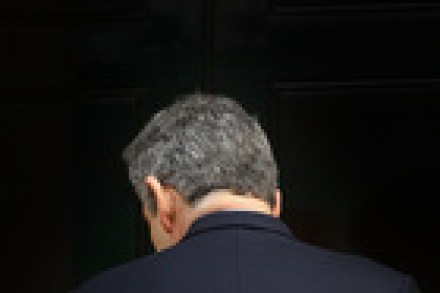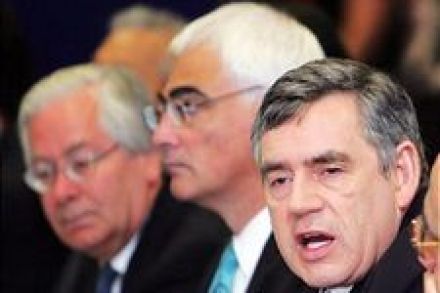Short term or long term inflation?
The news that the CPI rose to 3.5 percent doesn’t seem to have affected the markets, but the cost of living is soaring. Mervyn King has written to Alistair Darling predicting that inflation will fall back to the benchmark 2 percent over the course of the year, and that the current explosion is a result of short term factors such as the restored VAT rate, a 70 percent rise in oil prices and the depreciation of sterling. David Blanchflower is right: inflation may eat a little of Brown’s debt mountain and it will help those who now hold negative equities on houses. But it does precious little else that is







